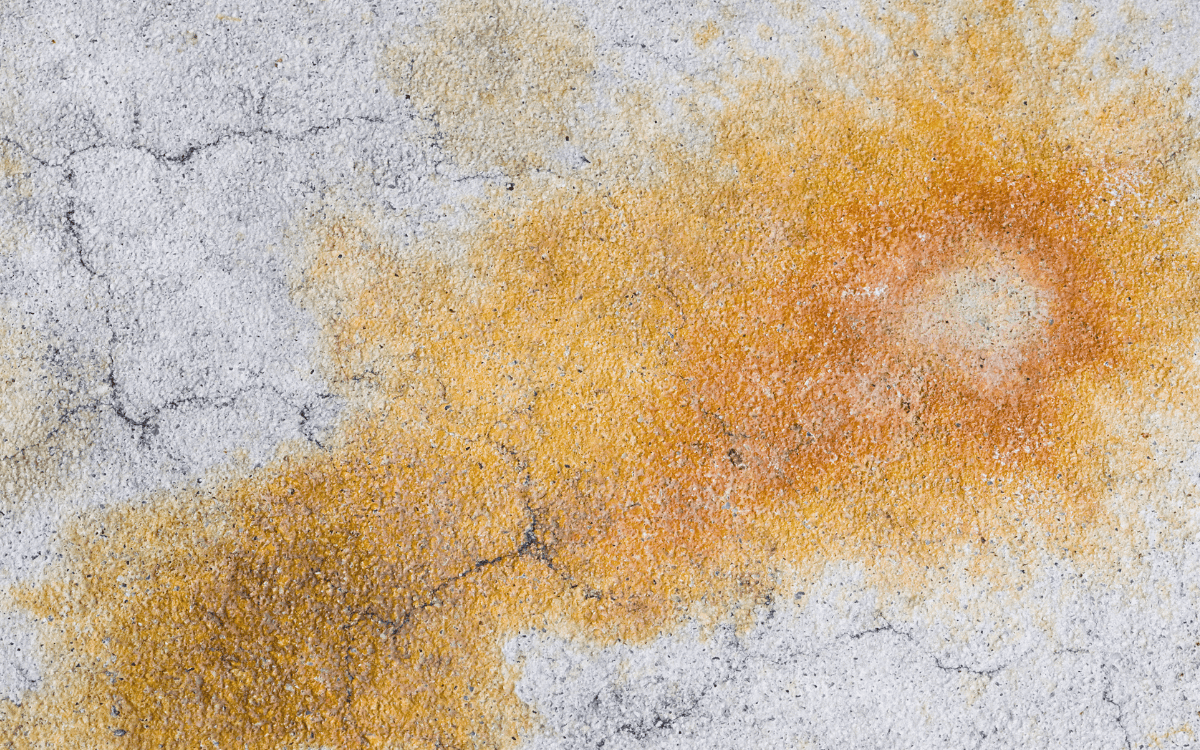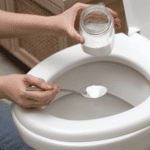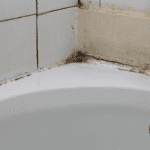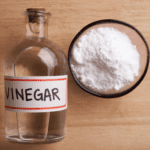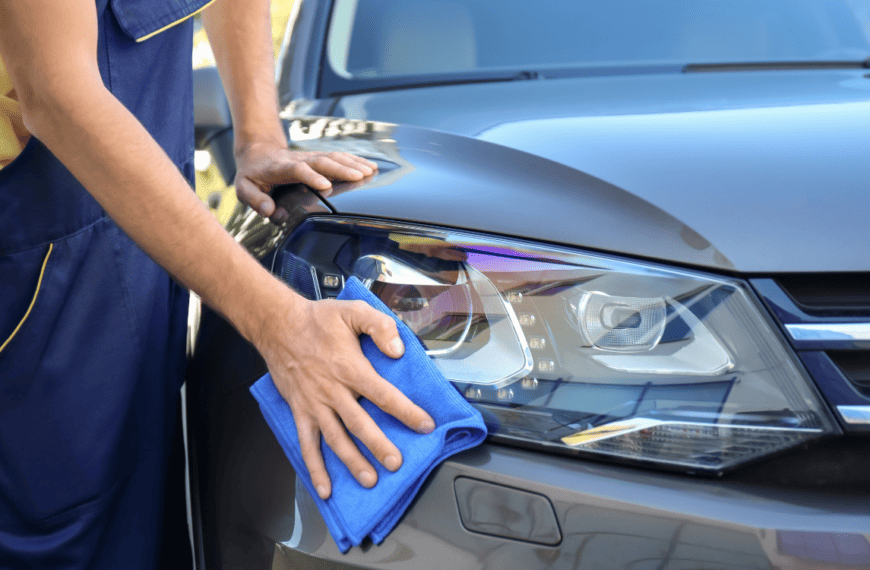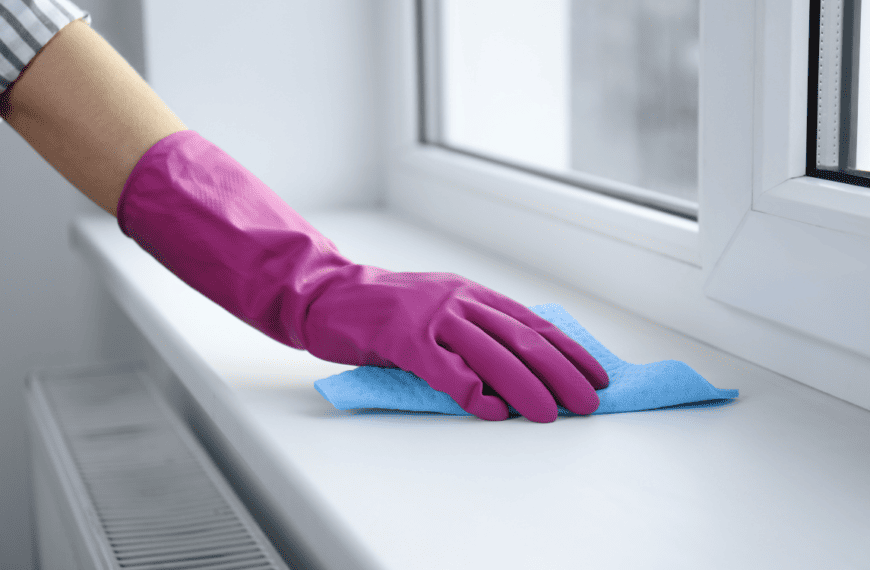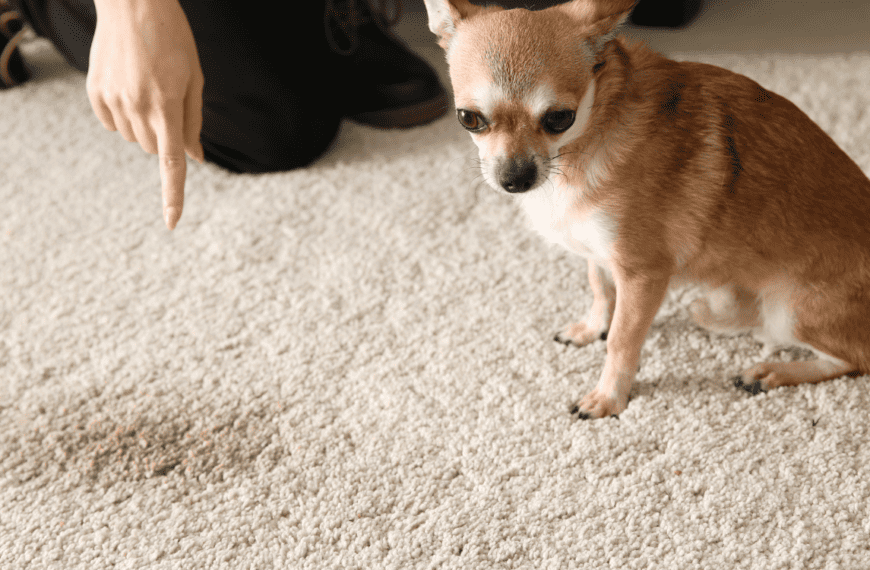Outdoor surfaces can get stains from almost anywhere, but if there’s one type of blemish that’s nearly unavoidable, it’s rust. From fertilizer runoff to corroded furniture, grills, and fire pits, rust can wreck our driveways, patios, and sidewalks from several directions. And as it is with metal, the longer rust sits on concrete, the harder it will become to remove.
Fortunately, while rust stains can have countless causes, they also have several solutions. I’ve found certain commercial products have always been the fastest, most efficient answer for tough stains. But you can get started on minor staining right now with simple DIY cleaners. I’ll break down what I’ve learned about how to remove rust stains from concrete so you can restore the look of your outdoor space today!
Before You Begin: Tips for Better Results
- Wash surfaces before applying cleaners. Cleaning the surface before using a rust remover will provide more consistent and faster results
- Test rust removers. Spot test rust removers before use to check for effectiveness, appropriate dwell time, and surface damage
- Apply solutions over the entire surface. Some rust removers can leave a new discolored or overly brightened spot if they are applied in one section
- Neutralize acids when necessary. Acids remove rust but can degrade cement when left on concrete for too long
- Rinse the surface well. Many solutions that dissolve rust can stain and etch vulnerable concrete
How To Remove Rust Stains From Concrete
Washing concrete surfaces before removing rust stains will give your cleaner of choice the best chance of working. For minor stains, this may even be enough to resolve them entirely.
Pre-Clean Rust-Stained Concrete
Mix several drops of dish soap with warm water in a bowl. Dip a stiff brush in the mixture and scrub the rusty areas. Rinse well with a hose or pressure washer.
If stubborn rust stains don’t come out of concrete with soap and water, move on to more powerful acidic cleaners. Mild DIY measures like distilled white vinegar or lemon juice often make the best rust remover for minor patches. For the toughest rust stains, the most efficient solution will be an aggressive commercial rust remover.
Warning! Even the mildest rust stain removers can lighten concrete, making it look brighter than the surrounding area. Depending on the size and location of the rusted surface, you may want to apply the cleaner over the entire concrete area for a consistent look.
Top Recommendation: Lemon Juice
Lemon juice’s citric acid breaks down rust stains efficiently and safely. When I had to clean spots on my concrete patio from water dripping off a rusty Blackstone, lemon juice handled the light staining in minutes. It can take a few applications and some elbow grease to clean all the rust. But the convenience and effectiveness versus other DIY methods make this my pick for the best concrete rust remover.
Tools and Materials
- Lemon juice
- Stiff bristle brush
- Water
How To Remove Rust Stains From Concrete With Lemon Juice
- Squirt pure lemon juice on the rust stain until well-saturated
- Let the lemon juice sit for at least 15 minutes
- Scrub the rust stain with a stiff brush (for better results, use a wire brush with metal bristles)
- Rinse the area well with fresh water, and allow to air dry
Distilled White Vinegar
Like lemon juice, white vinegar is another handy household option for random light rust stains. While I haven’t seen it have the same results as lemon juice, the acetic acid also reacts with rust to form a water-soluble iron salt that washes away.
Apply distilled white vinegar to the stained area. Let the vinegar sit for 15–30 minutes. Clean the area with a stiff scrub brush before rinsing it with fresh water and letting it air dry.
Tip! Try a more potent cleaning vinegar if you have any kicking around. The higher acetic acid concentration will have a more pronounced effect on rust, giving you better results in less time.
Commercial Rust Remover
A commercial product is usually the most straightforward way of attacking new or old rust stains. Applications and formulas can vary significantly between products. Non-acid chelating agents are some of the safest products for removing rust from concrete. Chelants have a high affinity for positive metal ions, pulling iron from iron oxide to form water-soluble compounds and preserving the underlying material as it eliminates stains.
Evapo-Rust and Singerman Labs Rust Remover for Concrete are two popular products using chelating agents. With more pH-neutral formulas, these can take longer to work but will not harm the alkaline cement environment as much as acids. Many products also won’t present a toxic danger to nearby plants. They can still create noticeable lightening on the sidewalk, needing careful application and thorough rinsing for the best results.
Commercial Acidic Rust Removers
Powerful acids dissolve rust to remove it from concrete. Fast-acting and effective, these solutions can also cause unnecessary damage if you use them incorrectly. Oxalic, phosphoric, hydrofluoric, and hydrochloric acids are some of the most popular active ingredients in these rust removal solutions. Commonly available products using these low-pH cleaners include:
- Iron Out Outdoor Rust Stain Remover
- White Ox Rust Stain Remover
- Goof Off Rust Stain Remover
- Whink Rust Stain Remover
- CLR Rust Remover
Follow the manufacturer’s instructions for safe use. Spot-test them before use on large areas, and always rinse surfaces well to protect the cement and aggregate.
Warning! Working with harsher acids demands more care to prevent injury. Wearing gloves, a face mask and eye protection is essential in avoiding hazardous contact and accidental inhalation. You may have to isolate the concrete surface to prevent runoff from damaging plants or affecting pets that may frequent the area.
How To Clean a Stubborn Rust Stain on Concrete
Stubborn rust stains and vast stretches of discolored concrete can make simple vinegar or lemon juice solutions impractical. For these, a commercial product like Singerman Labs Rust Remover or White Ox will offer better results, albeit with more inherent hazards. If even those give lackluster results, or the area is more expansive than these can manage, switch to muriatic acid.
Top Recommendation: Muriatic Acid
Muriatic acid is a form of hydrochloric acid, an aggressive rust removal solution that can lift stains from concrete when all else fails. It’s available in various concentrations, with popular products including:
Warning! Muriatic acid has a pH of only 1–2, amplifying the corrosive effects on concrete. Alongside proper containment and cleanup, you must typically neutralize the acid with a base, such as ammonia or baking soda, to prevent concrete damage. The acid is also highly corrosive. Always wear long gloves and eyewear, and ensure proper ventilation when working on an indoor concrete floor.
Tools and Materials
- Protective gear
- Muriatic acid
- Spray bottle or pump sprayer
- Water
- Stiff scrub brush
How To Use Muriatic Acid To Remove Rust Stains From Concrete
- Wash the area with soap and water, and rinse thoroughly with a hose or power washer
- Fill a pump sprayer or spray bottle with water, and add the muriatic acid in a 10:1 acid-to-water ratio (Note: Always add acid to water to prevent a hazardous reaction)
- Scrub the area with a stiff bristle brush, and let the solution sit for 5–10 minutes
- Rinse the concrete thoroughly with fresh water
- Apply diluted ammonia or baking soda as needed to neutralize the acid in the concrete
Tips To Prevent Future Rust Stains
Cleaning rust stains is rarely a one-off project if you don’t address the source. A leaky gutter, rusted metal patio furniture, fertilizer runoff, or iron-rich sprinkler spray due to well water can cause ongoing staining. Fixing, redirecting, and blocking these sources from impacting your concrete will reduce the need for frequent cleanups.
Corroded rebar can cause orange rust stains on reinforced concrete surfaces, adding another issue to address to prevent recurring blemishes. The concrete aggregate may also contain iron that oxidizes to form spotty rust marks. In this case, sealing the concrete after cleaning can protect it from water and oxygen, limiting the reappearance of stains.
Sealing is a sound idea if rust is an ongoing issue regardless of the source. Epoxy coatings, paints, and sealants are easy to apply, improve the look of your concrete, and add significant durability for years. By sealing your concrete and cleaning regularly, you can avoid the stubborn rust stains that demand harsh chemicals.
Identifying the Concrete Finish
Sealed concrete will give you the least trouble with rust stains, as they mostly sit on the seal separate from the actual concrete. But you don’t want to apply highly acidic solutions to these, as you could easily etch the finish and expose the underlying concrete surface.
To test for a seal, pour water on the concrete. Unsealed concrete will darken as the water absorbs into it. If the water runs off, the surface has a seal, and you should opt for gentler, more pH-neutral cleaners to preserve the protective layer. For simplicity, starting with soap and water and moving on to successively more aggressive cleaners is the safest approach for both kinds of concrete.
Frequently Asked Questions (FAQ)
Will Pressure Washing Remove Rust Stains From Concrete?
Pressure washing can lighten mild stains and makes an excellent follow-up after applying an acidic or chelating agent. But as a standalone solution for removing rust stains from concrete, a pressure washer will be unlikely to give consistently desirable results.
Will Bleach Remove Rust Stains From Concrete?
Bleach is a fantastic whitener and disinfectant, making it a staple in a proper cleaning collection. But for rust stains, bleach and other bases have limited effect. Using bleach can even be counterproductive when cleaning rust from clothes and other materials because it can continue oxidizing to worsen the stain.
Are Rust Stains Harmful to Pets or Plants?
Rust on concrete is unsightly but rarely harmful. The amount a pet may ingest by licking a rust stain is likely insignificant. Nearby vegetation might face some staining and potential nutrient deficiency from excess exposure, but iron oxide in limited amounts can even help strengthen plants.

